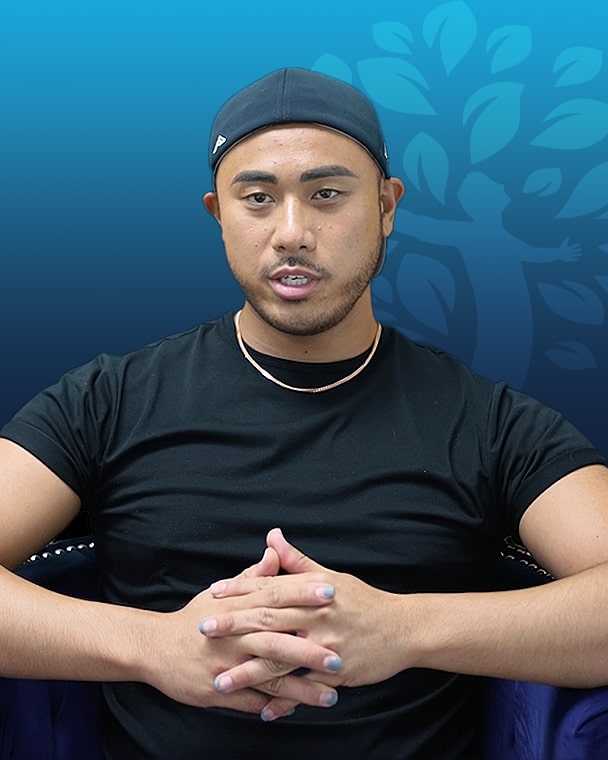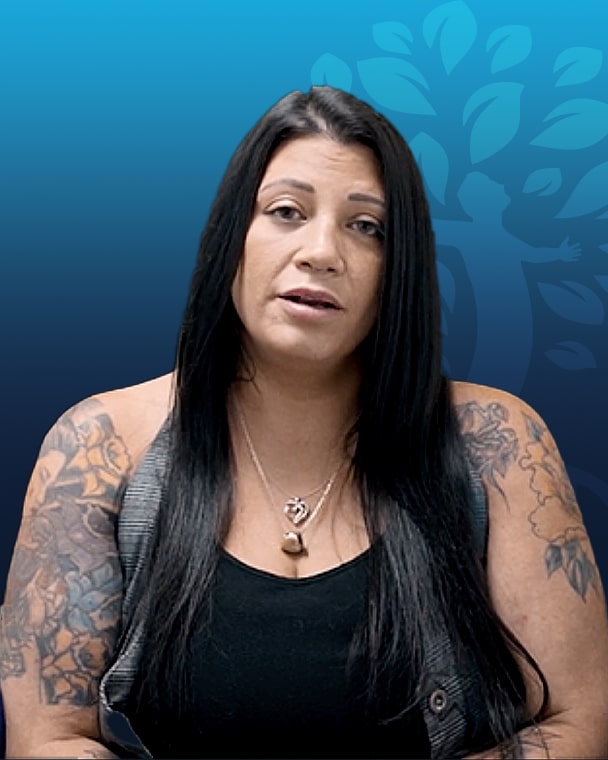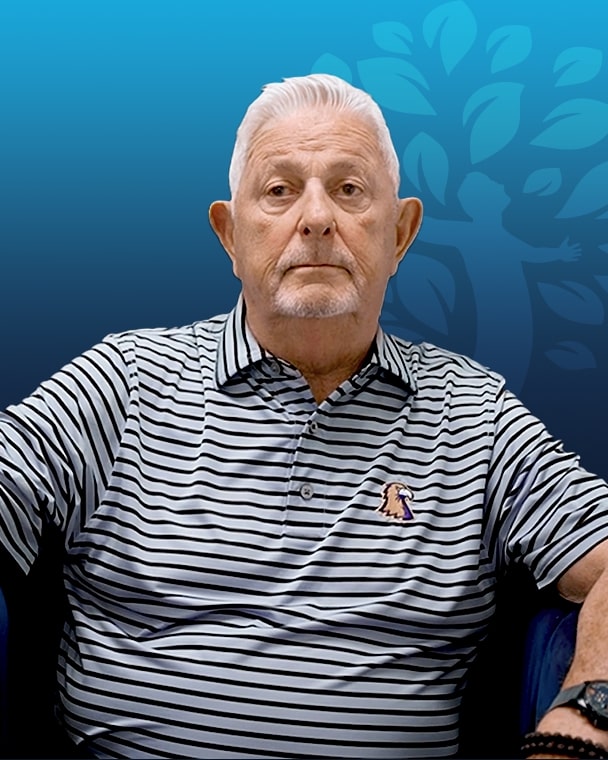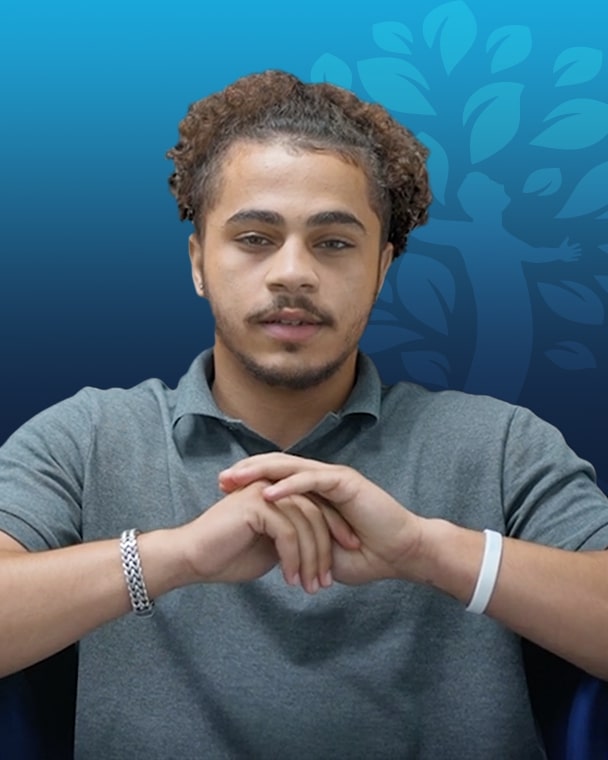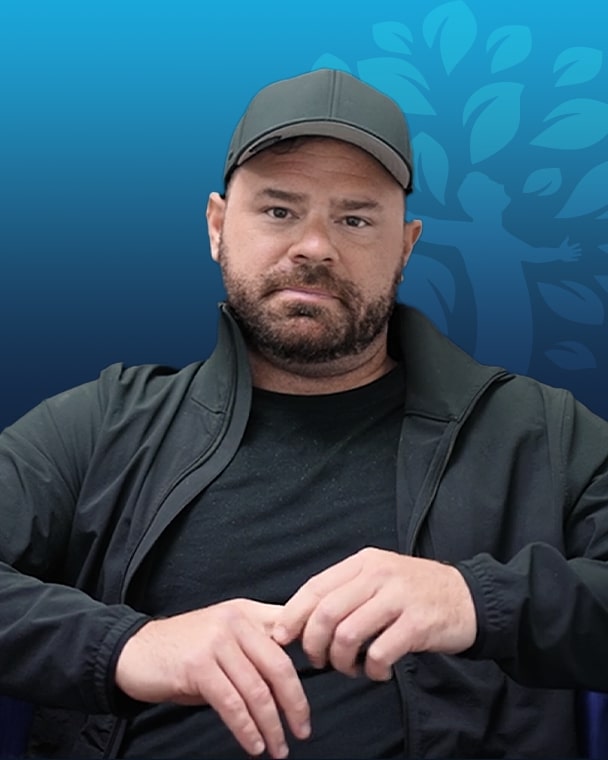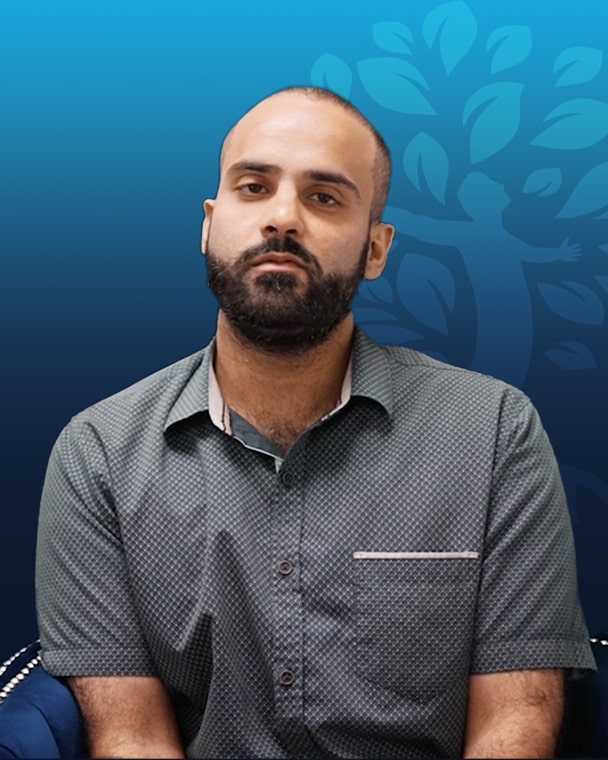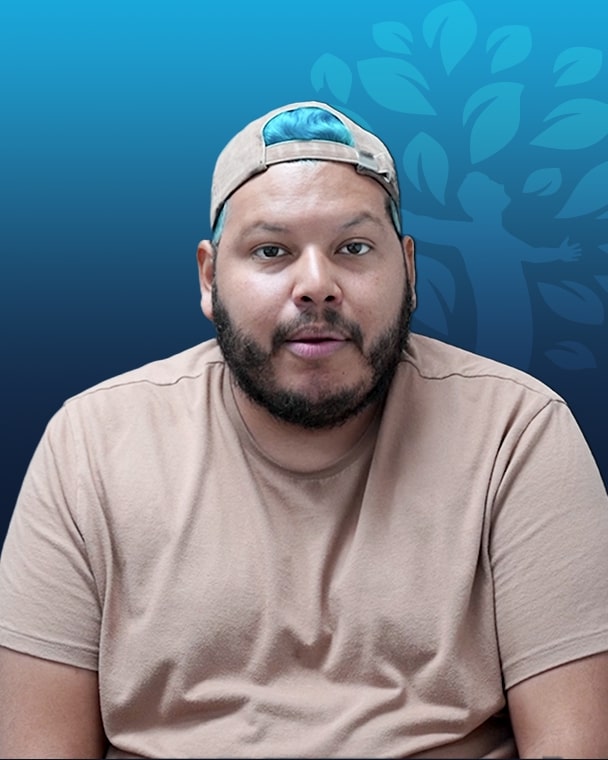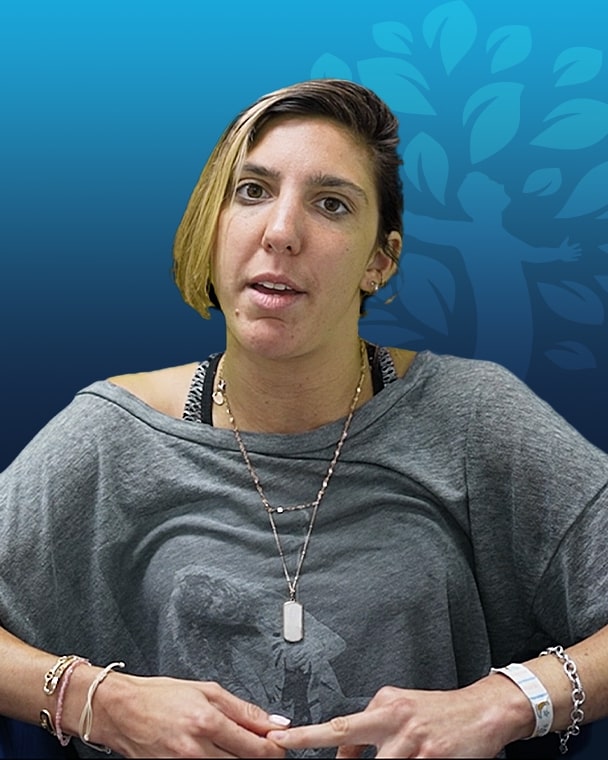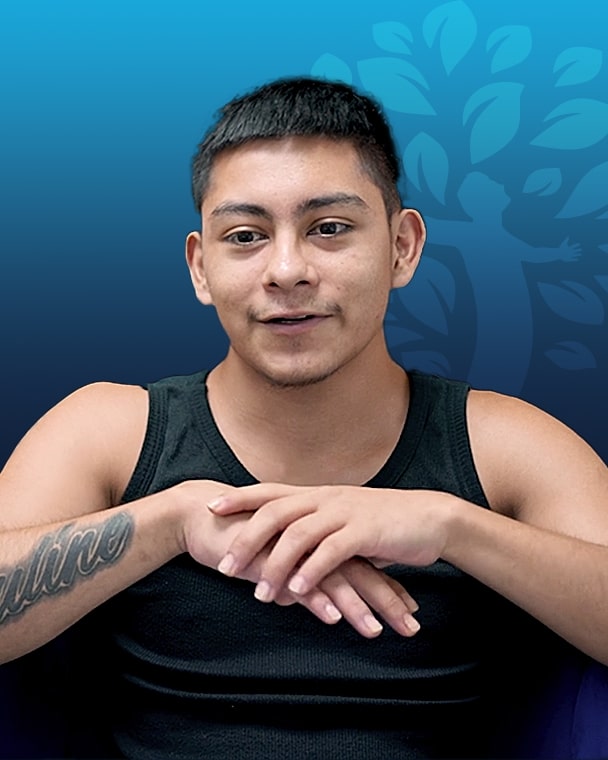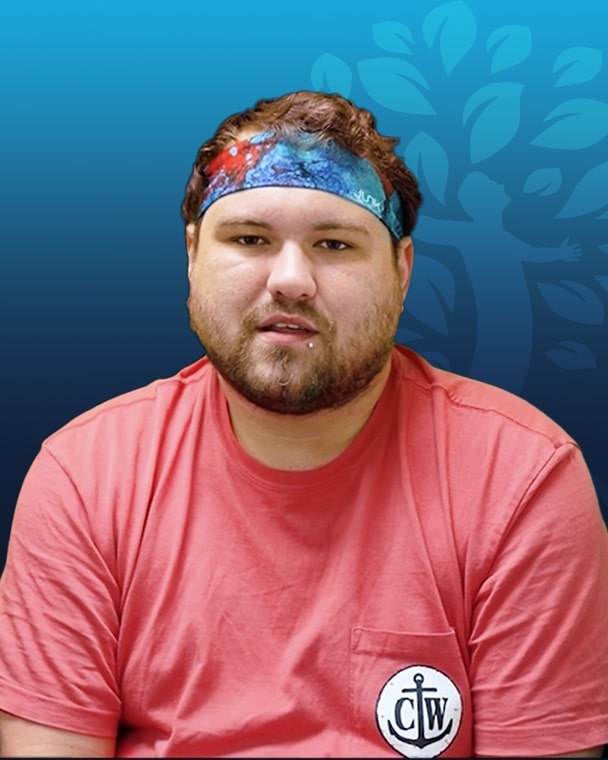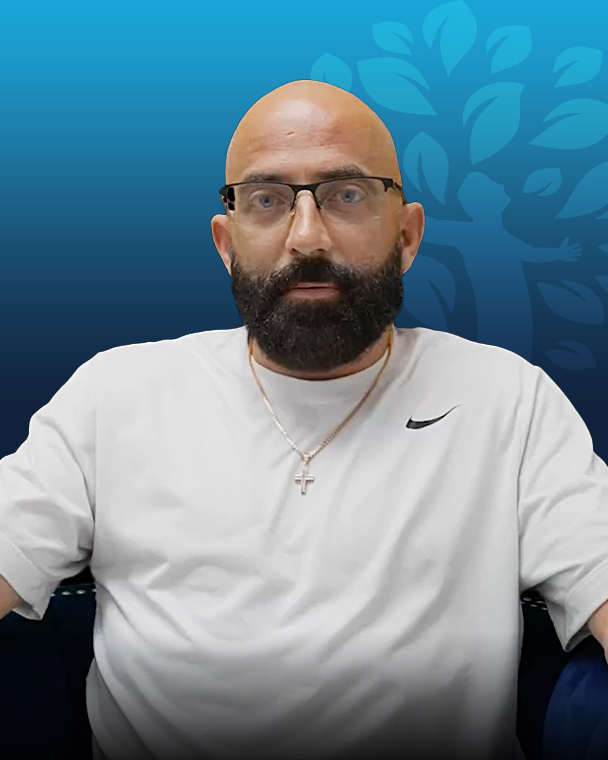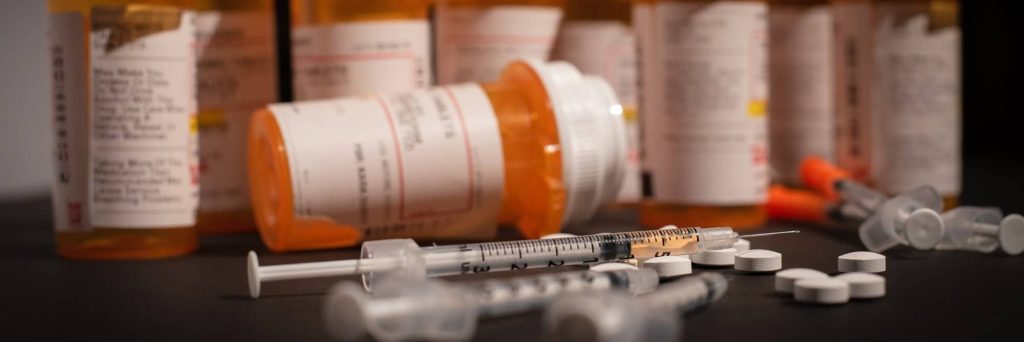
Prescription Opioid Rehab Delray Florida
Prescription (Opioids) Drug Rehab
Opioids, opiates, and narcotics—these are all the same types of drugs commonly used to relieve moderate to severe pain. Opiates are natural derivatives of the opium poppy plant, while opioids are synthetic and semi-synthetic derivatives, but the two classifications are often used interchangeably in general usage.
These narcotics are strong pain relievers that are prescribed for patients struggling with pain. Common examples of opioids are oxycodone, hydrocodone, fentanyl, and tramadol. Heroin, the illegal drug, is also an opiate. Sometimes people look for “Delray drug rehab” as a general topic, but what they really need is a specific program designed to help them rehab from RX medication.
Now the reason it’s important to discuss this type of drug is that there is currently an opioid epidemic affecting the country. Around 130 Americans are dying from opioid-related overdose every single day. Lawsuits are flying around, mostly against pharmaceutical companies who allegedly helped spread the drug crisis by failing to mention how potentially dangerous these drugs are. Many people when thinking about going to an addiction treatment center for prescription drug addiction or opioid addiction, are unaware that before you begin rehab, you need to attend an opioid detox center first.
The fact that people are dying of overdose from these substances that are freely being prescribed by doctors is a major concern. And so in order to help control the situation, it is important to treat those who are dealing with prescription opioid addiction—before it is too late.
The Problem with Prescription Opioids
A healthcare provider might give a person a prescription opioid if they are struggling with moderate to severe pain after an injury or surgery, for example. They are also given to patients with severe pain from health conditions like cancer. Other physicians prescribe them for chronic pain.
While prescription opioids used for pain relief are generally safe when taken for a short time and as prescribed by a healthcare provider, they carry the risk of misuse and addiction. In fact, in the late 1990s, pharmaceutical companies reassured the medical community that patients would not become addicted to opioid pain relievers, which is why healthcare providers began to prescribe them at greater rates.
This increase in prescriptions led to widespread misuse of both prescription and non-prescription opioids before it became clear that these drugs can be highly addictive. It was in 2017 that President Donald Trump declared the national opioid crisis as a public health emergency. Millions of dollars in grants have been aimed at ending the crisis since then.
From 1999 to 2017, more than 700,000 people have died from a drug overdose.
Opioid overdoses accounted for more than 42,000 deaths in the US back in 2016. An estimated 40 percent of opioid overdose deaths involved a prescription opioid. Opioid misuse has become so widespread that it is now second only to marijuana use as the nation’s most commonly used illicit drug.
Interestingly, the majority of people who take prescription pain relievers do not misuse them, even though misuse is very common.
Approximately 91.8 million adults aged 18 or older had been using prescription pain relievers over the past year in 2015. This represents more than one-third of the adult population. Around 11.5 million adults misused prescription pain relievers at least once in the past year, according to the National Survey on Drug Use and Health or NSDUH.
Why Patients Abuse Prescription Opioids
According to data gathered by the NSDUH, patients abused prescription opioids for different reasons. Some people used it to relax or relieve tension, others wanted to experiment or see what the drug is like, while others knew the effects of opioids and wanted to get high.
A lot of people abuse opioids to feel good or to help with their feelings or emotions. Some people took prescription opioids to help with sleep.
Those who were already abusing other drugs took opioids to increase or decrease the effects of other substances.
However, the most common reason for prescription opioid misuse was to relieve physical pain. Take note that this is because some people struggling with pain take opioids without a prescription, so it is still considered misuse.
Prescription Opioid Rehab: How it Works
To understand how the treatment works, we need to talk about the condition first. Opioid abuse means that a person is not taking the medicines according to the provider’s instructions. This increases the risk of developing an addiction, as prescription opioids are quite potent.
A person who is taking opioids without a prescription and a person who is abusing it to get high are both misusing opioids. Both are at risk of getting addicted, overdosing, or both. Addiction is a chronic brain disease that causes people to seek out drugs compulsively. This means that the person will keep taking prescription opioids even if they know it can cause them harm. In fact, they will continue seeking out and taking opioids even when they are actively dealing with the consequences. Legacy offers men’s drug rehab as well as women’s drug rehab for Delray Bach.
Treating prescription opioid addiction, just like any other addiction, involves a combination of medical detox and behavioral therapy, along with other treatment techniques.
Medication-assisted therapy or MAT is one of the best ways to deal with opioid addiction, as it safely manages a person’s withdrawal symptoms.
Treatment works best in a drug facility. In fact, patients should not attempt to get sober on their own if it is already a severe addiction. Cravings and temptations will make it very difficult to stay clean, and withdrawal symptoms can range from unpleasant to life-threatening. Relapse is very likely.
So to treat opioid abuse and addiction, you need help from medical professionals. They know exactly how to handle this problem, despite how overwhelming it might feel. Addiction experts will craft a personalized treatment plan to cater to a patient’s specific needs.
Because addiction affects everyone differently, a personalized approach is important. An addicted individual will have different symptoms from their fellow patients. They are sure to have different backgrounds, struggles, physical conditions, mental health problems, and other concerns. So there really is no “one size fits all” type of solution.
But medicine coupled with counseling and behavioral therapies can go a long way. The exact medications and therapies may differ, but the idea remains the same: treat the physical conditions, gradually lower the patient’s intake, and help them address any emotional problems that prevent them from staying sober. Getting to the root of the problem is the only way to teach a patient how to maintain a drug-free lifestyle.
Medication-assisted therapy or MAT offers a “whole patient” approach to treatment. It drastically increases the chance of a successful recovery.
Medication-assisted therapy incorporates certain medications that are known to help reverse addiction or its symptoms. The medicines used to treat opioid abuse and addiction are methadone, buprenorphine, and naltrexone.
Methadone and buprenorphine can decrease withdrawal symptoms and cravings. They work by targeting the same parts of the brain that opioids normally attach to, also known as opioid receptors. By blocking these receptors, the drugs prevent the patient from getting high while telling the brain that it has “received” the opioids.
Unlike what many people think, methadone and buprenorphine are not substitutes for opioids. This means the patient is not substituting one addiction for another. These medicines are not addictive, and therefore have been proven to work as a treatment. These medications also restore balance to parts of the brain affected by addiction. For those who are struggling with addiction, this means that their mind can heal while they focus on their recovery.
This gives patients enough peace and clarity to start making progress emotionally through counseling too. Of course, these medications work best when administered by medical professionals who know exactly what they are doing.
The best rehab programs use comprehensive treatment plans that cater to a person’s specific needs. This is why there is a wide range of therapy and counseling techniques that help address the psychological and emotional toll caused by addiction. Some people respond better to family therapy, while others prefer a one-on-one counseling session. Most people thrive in a group therapy environment, where everyone supports everyone else.
There is a positive effect of getting support from people who know exactly what you are dealing with and understand how difficult it is to manage an addiction.
Therapy and counseling can help change a person’s attitude and behaviors related to drug use. At the same time, it teaches people how to build healthy life skills. After rehab, the person will be put to the test: living a drug-free lifestyle on their own.
Rehab can help a person become sober, but staying sober is another challenge entirely. The good news is that rehab programs are designed to teach people healthy coping mechanisms. Patients will learn how to channel their energy into positive things and experiences.
Some rehab programs offer less conventional techniques like hypnotherapy, art therapy, equine therapy, acupuncture, meditation, and more. These specific techniques help certain individuals who are more inclined towards the arts, or music, or other approaches.
Behavioral therapy, when used in conjunction with medical detox, can help a person start all over again. They will learn to recognize and stop negative patterns of thinking and behavior. They will even get motivated to stick with their treatment plan until the end.
After rehab, it is all a matter of the aftercare. Some patients choose to live in a sober house for a while in order to adjust and properly transition from rehab life to sober living. Addiction treatment is a lifelong journey, but with the right support, addicted individuals can start anew and live a long and healthy life.
Look for an addiction treatment center near you if you or someone you love is dealing with opioid addiction.
Legacy Healing Center- Drug & Alcohol Rehab
1690 South Congress Ave Suite 202 A
Delray Beach, FL 33445
1690 South Congress Ave Suite 202 A
Delray Beach, FL 33445
Opioid Rehab Centers Near Me, Delray Beach FL
Opioid Recovery Delray Beach FL


Legacy Healing Center testimonials
Real People. Real experiences



Legacy Healing Center testimonials
What Our Alumni Has to Say
Absolutely beautiful! Staff is so caring and welcoming. Highly recommend to anyone who is struggling and looking to heal. This is the place for you!
Jacqueline C.
Honestly, it's not what you imagine when thinking "detox." Legacy made my experience so comfortable from beds, food, staff and such a clean facility. Besides all that they literally gave me life back. Forever thankful.
Avi S.
GET IN TOUCH
Contact Us
If you would like to get in touch with us or simply have any questions or comments, please call us today. Our helpline if 100% confidential.
Call Us
Email Us
Visit Us
1425 WEST CYPRESS CREEK ROAD, SUITE 201FORT LAUDERDALE, FL 33309


